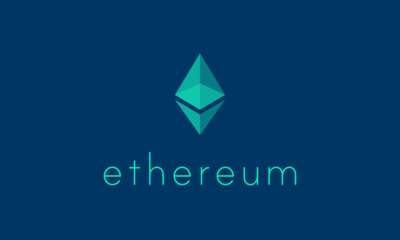President Bola Tinubu inaugurated the National Single Window Project to streamline trade processes and combat bureaucratic bottlenecks.
The initiative promises to unlock significant economic benefits and bolster Nigeria’s position as a global trade leader.
Addressing stakeholders at the Council Chamber of the State House in Abuja, President Tinubu outlined the transformative potential of the Single Window Project.
He explained that Nigeria stands to gain approximately $2.7 billion annually by implementing the initiative, while also saving an estimated $4 billion lost to inefficiencies and corruption plaguing the trade sector.
The National Single Window Project, codenamed a digital trade compliance initiative, will serve as a cross-government website facilitating trade by providing a unified portal for Nigerian and international trade actors.
This centralized platform will offer access to a full range of resources and standardized services from various Nigerian agencies, promising to expedite cargo movement and optimize inter-African trade.
President Tinubu’s directive to dismantle obstacles hindering trade efficiency reflects a commitment to fostering a transparent, secure, and business-friendly environment.
He underscored the urgency of eliminating red tape, bureaucracy, delays, and corruption at Nigerian ports, asserting that the economy cannot afford to sustain such losses.
The President’s call to emulate success stories from countries like Singapore, Korea, Kenya, and Saudi Arabia highlights the transformative potential of the Single Window system.
By joining the ranks of nations that have significantly improved trade efficiency through similar initiatives, Nigeria aims to unlock new avenues for economic growth and prosperity.
Tinubu stated that the National Single Window Project transcends Nigeria’s borders, presenting opportunities for regional integration and inter-African trade optimization. By linking Nigeria’s system with those of other African nations, the initiative seeks to expedite cargo movement and enhance trade facilitation across the continent.
Managing Director of the Nigerian Ports Authority, Bello Koko, provided insights into the practical implications of the Single Window initiative.
He affirmed that imports would be cleared at all seaports within 24 hours, a significant improvement compared to neighboring countries where clearance often takes up to 72 hours.
Koko outlined how the initiative would streamline paperwork, enhance information sharing among government agencies, and foster greater efficiency in trade transactions.
With representatives from key government agencies and bodies forming the project secretariat, the National Single Window Project reflects a collaborative effort to drive comprehensive reform in Nigeria’s trade sector.


 Forex2 weeks ago
Forex2 weeks ago


 Naira1 week ago
Naira1 week ago
 Naira4 weeks ago
Naira4 weeks ago
 Company News4 weeks ago
Company News4 weeks ago




 Naira2 weeks ago
Naira2 weeks ago
 Billionaire Watch1 week ago
Billionaire Watch1 week ago




 Naira3 weeks ago
Naira3 weeks ago




 Naira1 week ago
Naira1 week ago





















